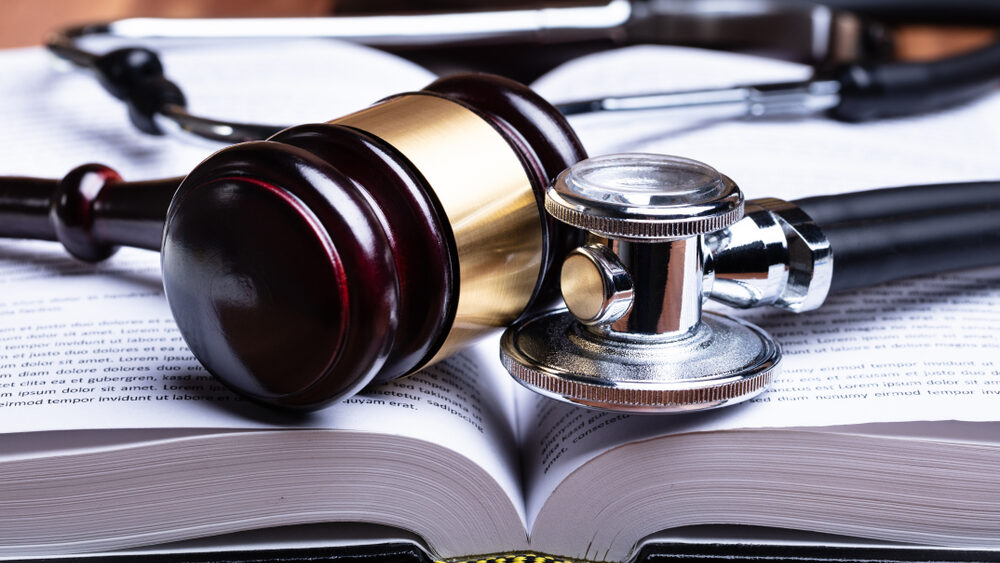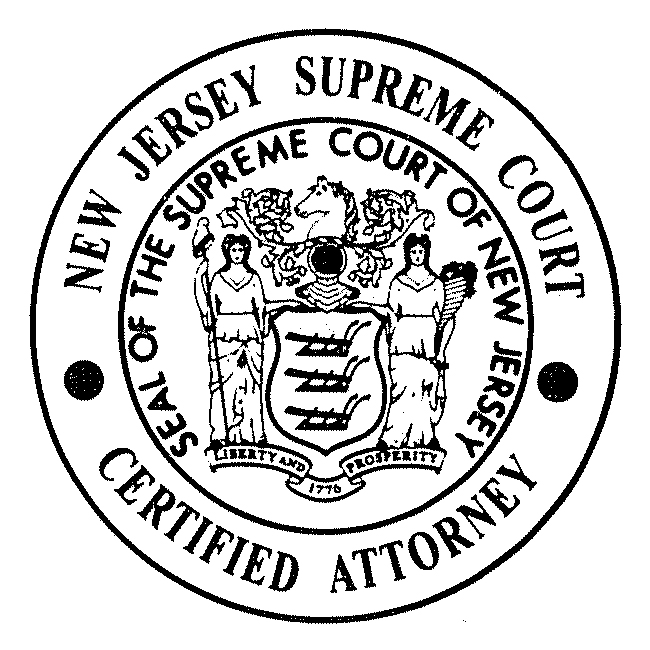Understanding Medical Malpractice in New Jersey

Navigating the complexities of medical care can be daunting, particularly when you trust professionals with your health and well-being. Yet, sometimes, the care you receive may fall short of the professional standards expected, leading to what is known as medical malpractice. For residents of New Jersey, understanding the nuances of this legal terrain is critical. In this article, brought to you by Lombardi & Lombardi, we delve into the ins and outs of medical malpractice in the Garden State and the legal rights available to affected patients.
What Constitutes Medical Malpractice in NJ?
Medical malpractice, in its simplest form, occurs when a healthcare professional breaches their duty of care towards a patient, resulting in injury or harm. It isn’t just about doctors making mistakes. Malpractice can encompass errors made by nurses, technicians, pharmacists, and even hospitals as entities.
Common Forms of Medical Malpractice Include
- Misdiagnosis or Delayed Diagnosis: Perhaps the most common form of medical malpractice, this occurs when a healthcare professional fails to correctly identify a patient’s condition or takes too long to do so, potentially causing the condition to worsen.
- Surgical Errors: These can manifest in a variety of ways, including operating on the wrong body part, performing surgery on the wrong patient, leaving surgical instruments inside a patient, or causing inadvertent damage to organs or tissues during the procedure.
- Medication Errors: These errors can arise from prescribing the wrong medication, administering an incorrect dosage, or not accounting for harmful interactions between multiple drugs.
- Childbirth Injuries: Errors during childbirth can result in harm to both the mother and the baby. This could be due to improper use of birthing tools, failure to anticipate birth complications, or not responding promptly to signs of fetal distress.
- Anesthesia Errors: An error in administering anesthesia can have catastrophic consequences. Giving too much, too little, or failing to review a patient’s medical history for potential complications can lead to brain damage, permanent injury, or even death.
- Failure to Obtain Informed Consent: If a doctor doesn’t adequately inform a patient of the potential risks, benefits, and alternatives of a procedure or treatment, and the patient is harmed by that procedure or treatment, it might constitute malpractice.
- Poor Aftercare or Follow-Up: After a procedure or treatment, proper aftercare is essential. Negligence in post-operative care or failure to provide crucial follow-up can lead to complications, surgical infections, and worsened conditions.
- Hospital or Facility Errors: This can encompass a wide range of issues, from infections acquired due to unsanitary conditions to errors stemming from poor communication among the hospital staff.
- Laboratory Errors: Misinterpreted tests or a mix-up of laboratory results can lead to misdiagnosis and incorrect treatment.
- Failure to Recognize Symptoms: If a medical professional overlooks or dismisses certain symptoms that result in a condition or illness progressing, it might be deemed malpractice.
- Use of Faulty Medical Equipment: If a patient is harmed because a piece of medical equipment was defective or not used correctly, it may lead to a malpractice claim.
- Premature Discharge: Discharging a patient from care too early, leading to complications or the worsening of their condition, could be grounds for malpractice.
Remember, not all adverse outcomes are the result of medical malpractice. Medicine, being as intricate as it is, sometimes has unforeseen complications, even when care is rendered correctly. Medical malpractice occurs specifically when the standard of care isn’t met, leading to preventable harm.
Proving Medical Malpractice in New Jersey
Proving medical malpractice in New Jersey is a complex process. A patient claiming malpractice must show evidence that the healthcare provider was negligent and that this negligence resulted in harm. Here’s a breakdown of what’s required to successfully prove a medical malpractice claim in the Garden State:
- Establishment of a Doctor-Patient Relationship: Before any claims of negligence can be made, it must be confirmed that there was a formal relationship between the patient and the healthcare provider. This relationship establishes the provider’s duty of care toward the patient.
- Breach of the Duty of Care: Medical professionals are expected to uphold a specific standard of care corresponding to their profession. This standard is typically defined by what a similarly trained and experienced professional would do under the same circumstances. A patient must demonstrate that the healthcare provider failed to meet this standard. Expert testimony is commonly used in these cases. An expert, typically another medical professional, will testify regarding the accepted standards and how the defendant deviated from them.
- Direct Causation: It isn’t sufficient to merely prove negligence. A patient must show that the healthcare provider’s negligence directly caused their injury or harm. This means that without the provider’s action or inaction, the injury would not have occurred. This aspect often requires a medical expert to testify that the injury is a direct result of the healthcare provider’s negligence and not due to other factors.
- Quantifiable Harm or Damages: The patient must show that they suffered harm as a result of the medical professional’s negligence. This harm can be physical, emotional, or financial. Examples include additional medical bills due to corrective treatment, lost wages from being unable to work, pain and suffering, or decreased quality of life.
- Statute of Limitations: In New Jersey, there is a specific timeframe within which a medical malpractice lawsuit must be filed. Typically, a patient has two years from the date of the malpractice or from when they first became aware of it to initiate a lawsuit. There are nuances to this rule, especially concerning minors or when the malpractice involves public entities. It’s crucial to be aware of these deadlines, as missing them can prevent a patient from pursuing a claim, regardless of its merit.
- Affidavit of Merit: New Jersey law mandates that within 60 days of the defendant’s response to the lawsuit, the plaintiff (patient) must provide an “Affidavit of Merit.” This is a statement from a medical expert affirming that the defendant deviated from accepted medical standards. The affidavit serves to deter baseless lawsuits and ensures that there’s some preliminary expert backing for the patient’s claims.
It’s essential to note that medical malpractice cases are intricate, often requiring extensive knowledge of both legal and medical fields. Given the complexities and the stakes involved, anyone considering a medical malpractice lawsuit in New Jersey should seek skilled legal representation to navigate the process effectively.
Contact an Experienced Medical Malpractice Lawyer at Lombardi & Lombardi for a Free Consultation About Your Case Today
Medical malpractice claims can be incredibly complex, demanding not only a deep understanding of the law but also of intricate medical processes. For residents of New Jersey, being aware of your rights and the legal avenues available is critical when you believe you’ve been a victim of medical negligence.
Lombardi & Lombardi have championed the rights of those affected by medical malpractice for years. With our vast experience in both the legal and medical realms, we’re ideally positioned to guide you through your claim. If you or a loved one have experienced medical negligence, don’t navigate these turbulent waters alone. Contact us for a consultation and let our expertise work for you.






 CALL NOW
CALL NOW